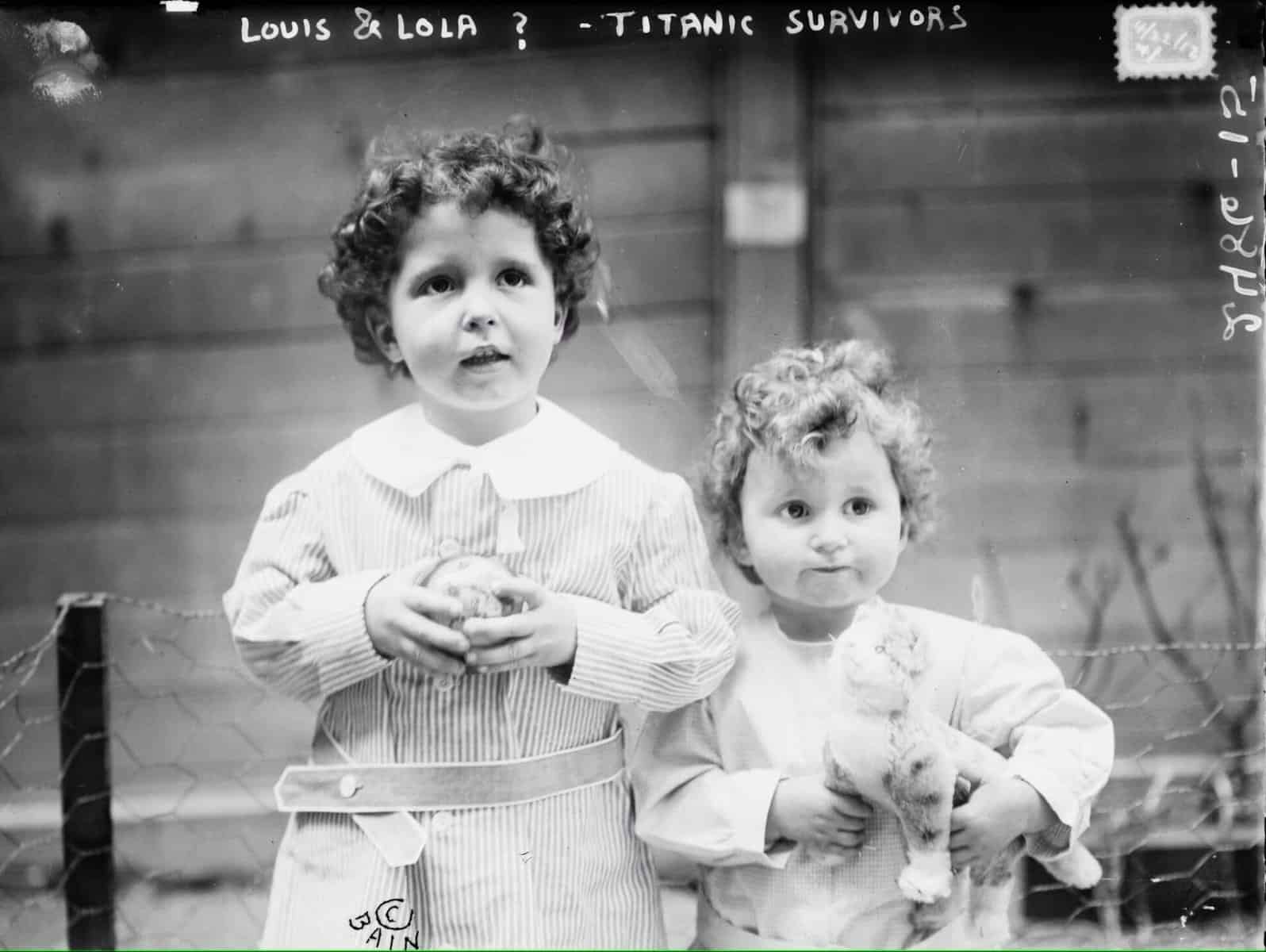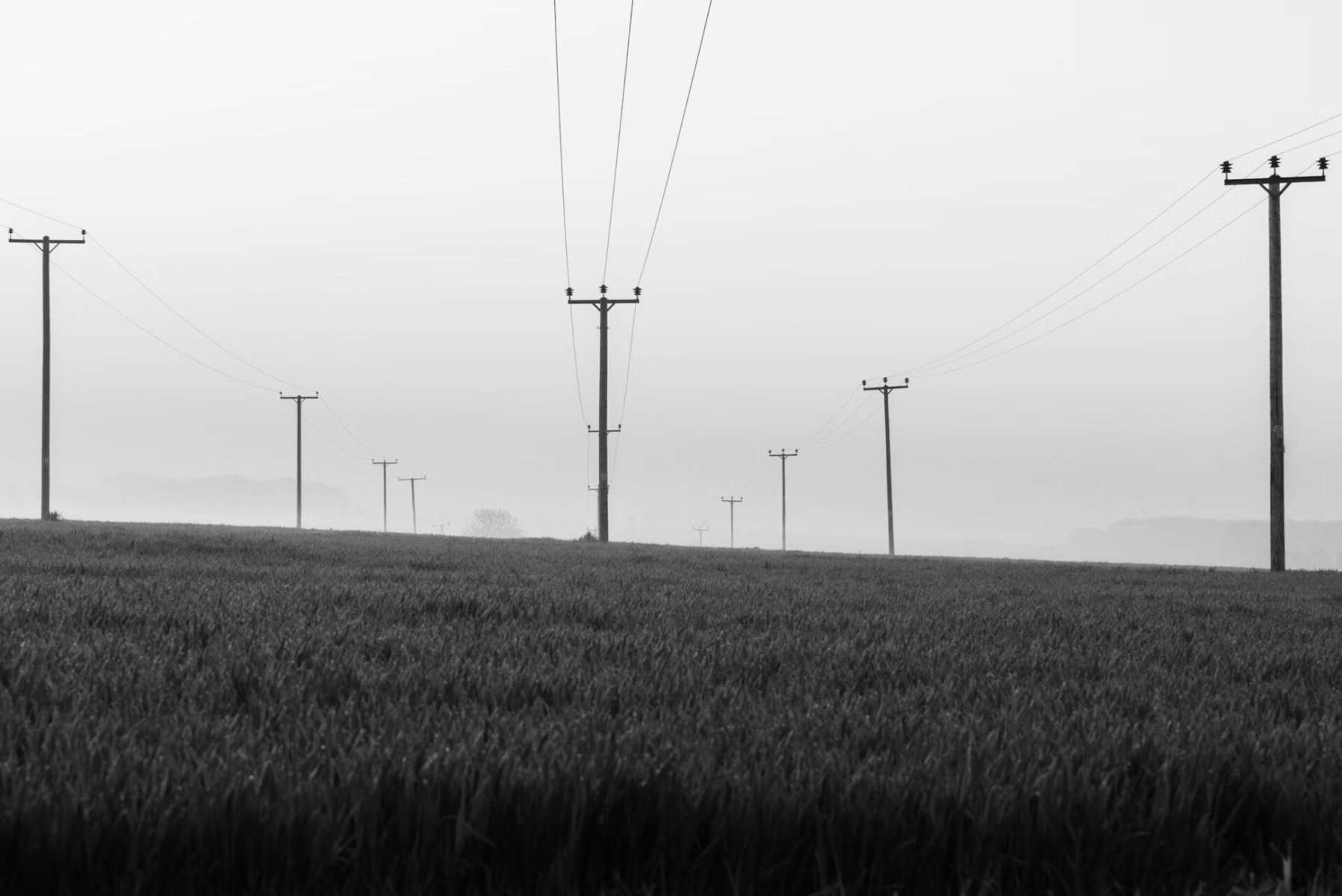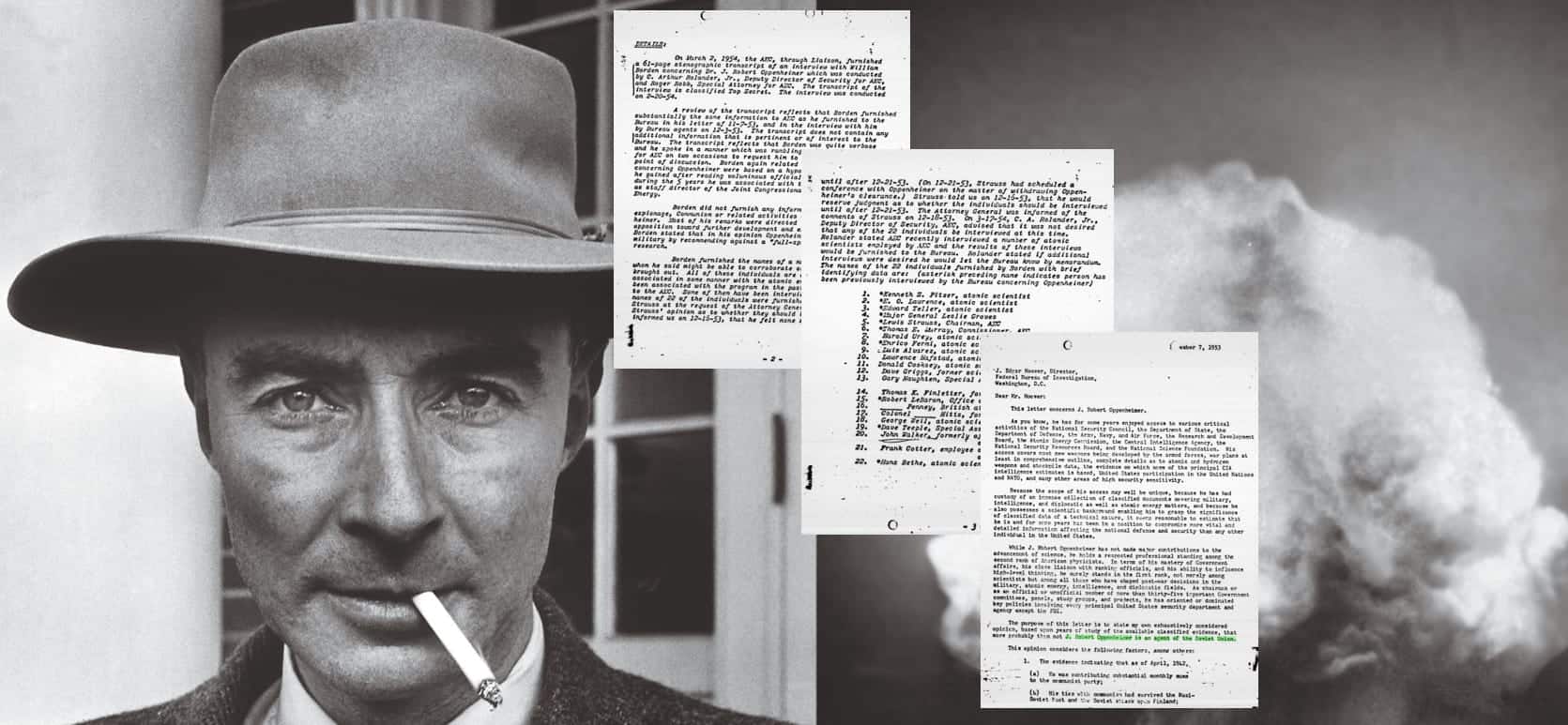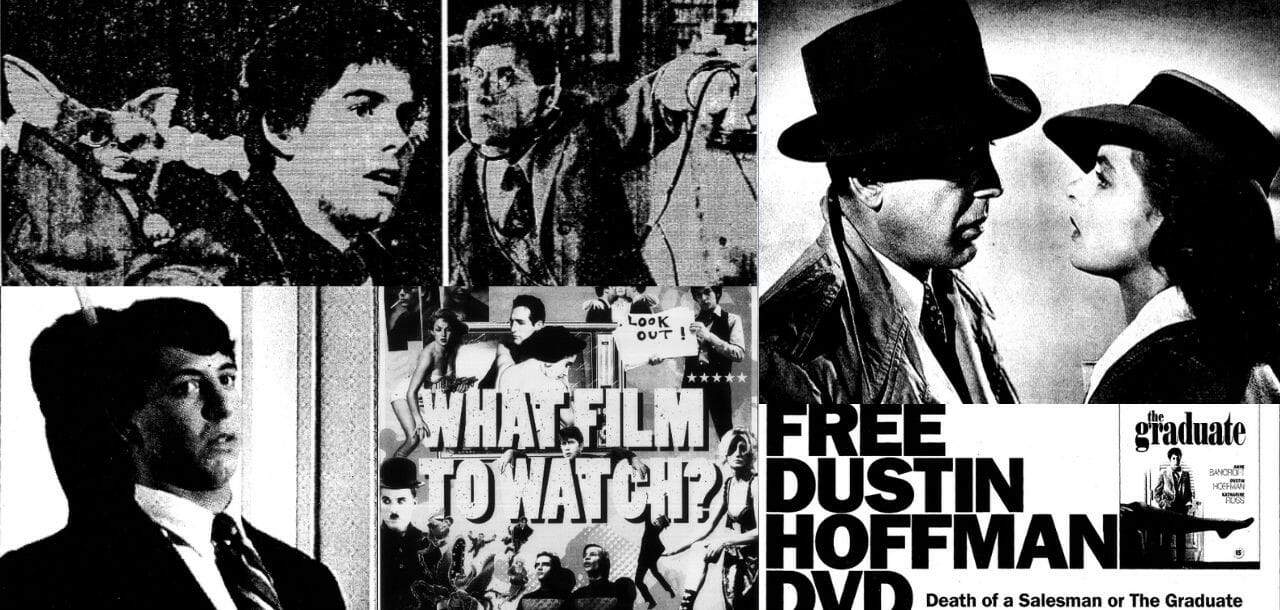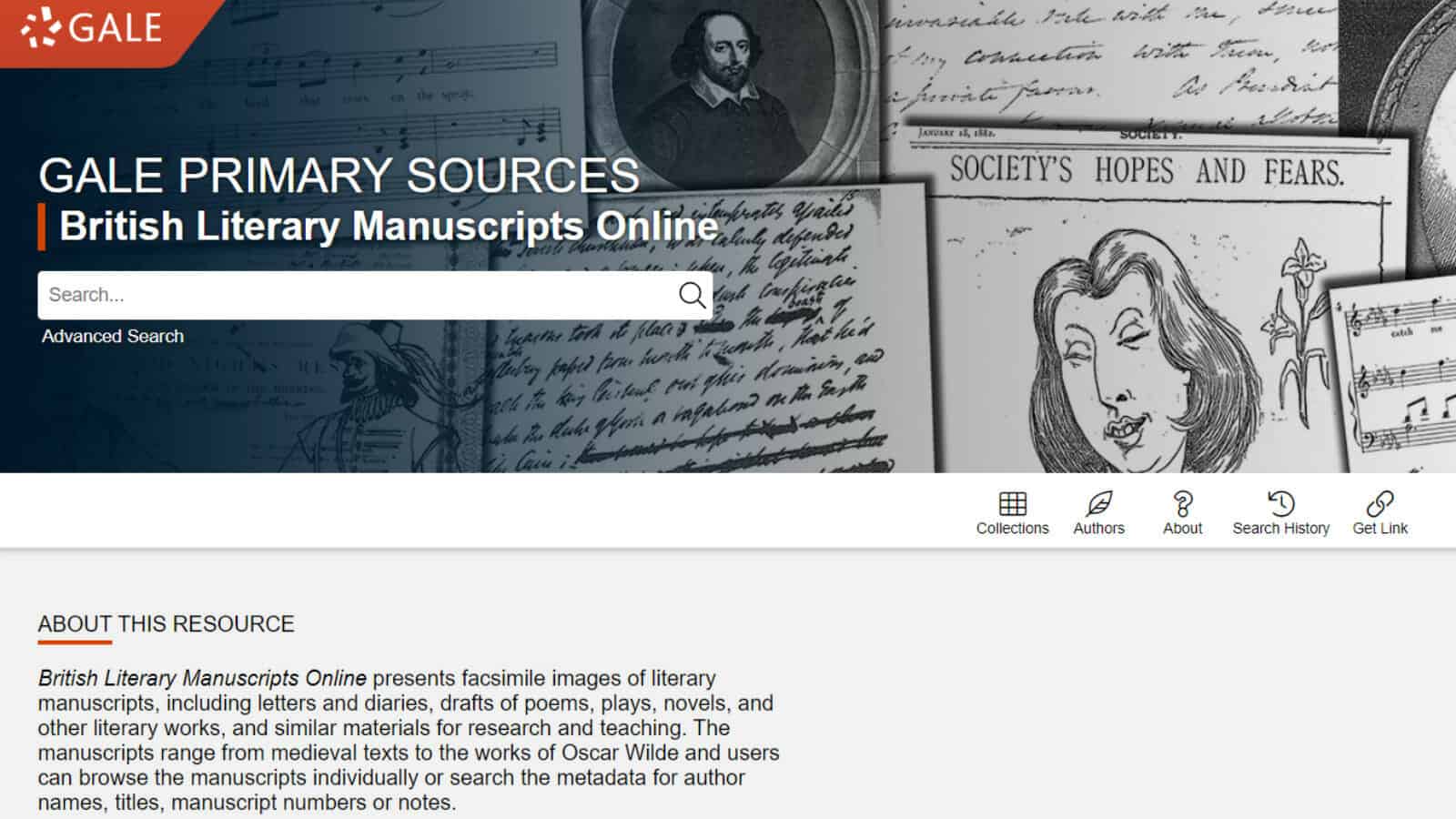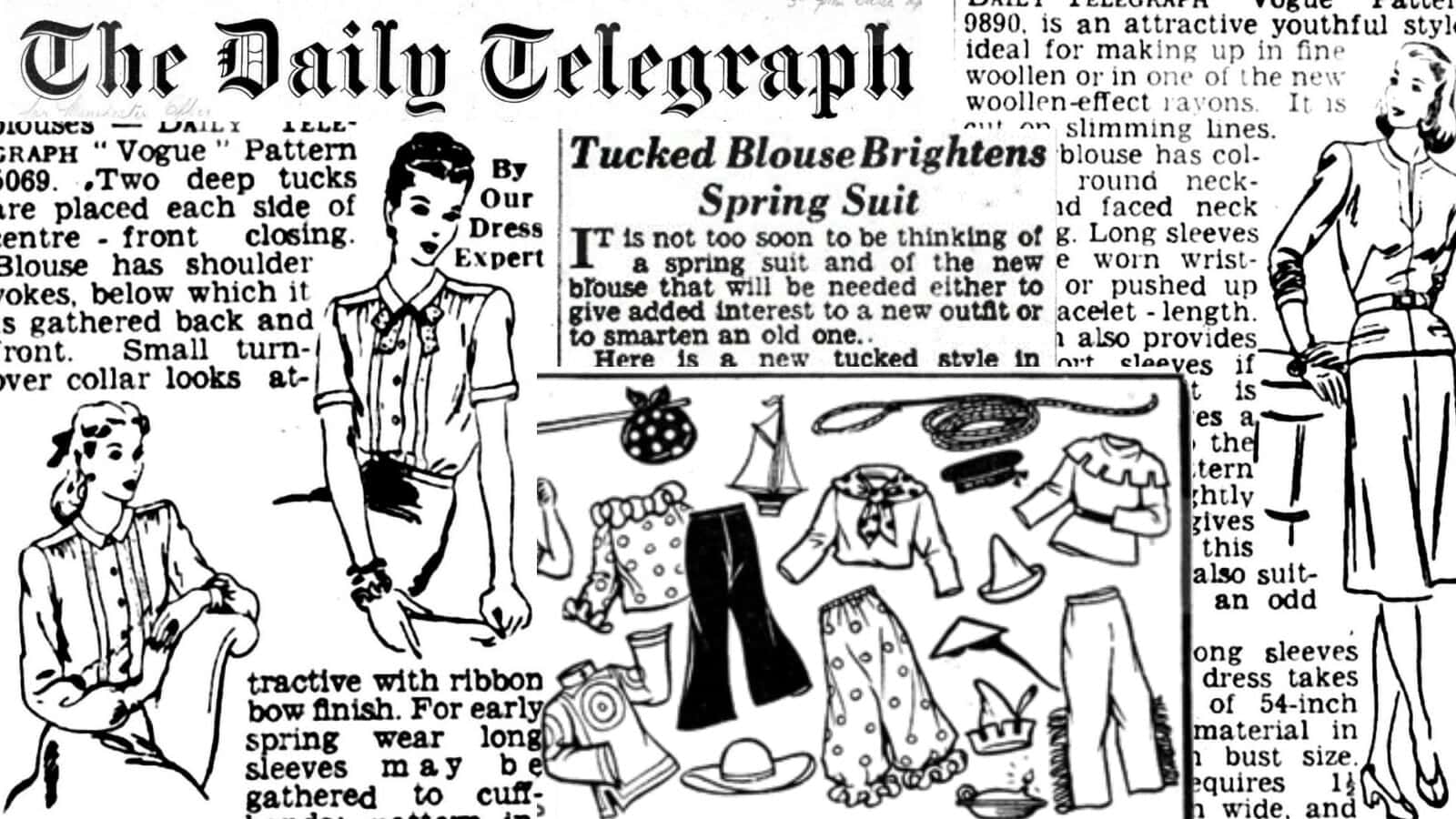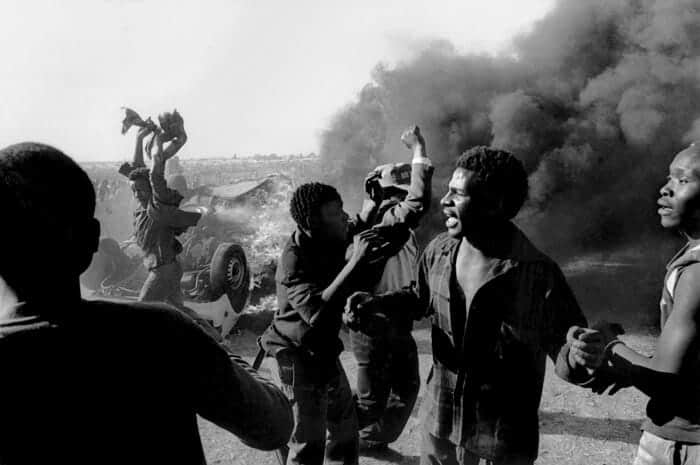│By Yasmin Metto, Gale Ambassador at Queen Mary, University of London│
The Titanic is one of the most famous and prolific ships in the world, inspiring adventures to the depths of where it sunk as well as creating a legacy that has lasted generations. Unfortunately, this can shroud the aftermath of the sinking of the Titanic, which was almost as devastating as the event itself. The sinking of the Titanic marked a multitude of impacts, especially culturally and economically. By using Gale Primary Sources to explore the cultural and economic effects of the Titanic sinking, it becomes evident that all of society was affected by the event.

